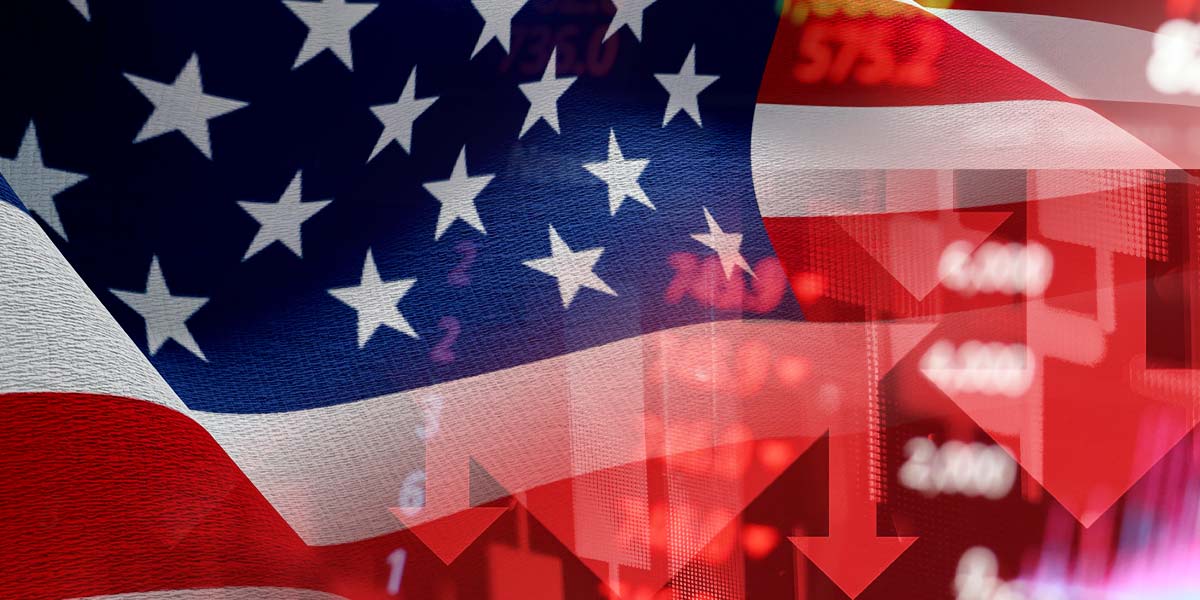
Global Uptrend in Policy Rate Hikes Are Around the Corner amid Rising Inflation
Hawkish shifts in BoE and Fed had investors believed that interest rate hikes are just around the corner elsewhere.
Rising inflation is one of the biggest concerns for central banks. Even though it has been reassured that the rise will be temporary due to an economic recovery, a surge in commodity prices, especially energy, made it more difficult for central banks to maintain policy rate at their minimum.
On Sunday, the Bank of England (BoE) governor Andrew Bailey said in an online panel discussion, believing that the recent hike in inflation would be temporary, but he predicted that a surge in energy prices would push the inflation higher and make its climb at a higher level last longer, which increased the expectation of higher medium-term inflation.
“Monetary policy cannot solve supply-side problems – but it will have to act and must do so if we see a risk, particularly to medium-term inflation and to medium-term inflation expectations,” said Bailey.
“And that’s why we at the Bank of England have signalled, and this is another such signal, that we will have to act,” he said. “But of course that action comes in our monetary policy meetings.”
The next committee meeting will be held in early November and the market predicted that there is a 85% chance the central bank could hike interest rates from 0.1% to 0.25%. Traders expected the BoE to raise borrowing cost by 0.25 percentage points by February next year and another 0.50 percentage points by August. In the meantime, Goldman Sachs estimated the third hike to be as early as May 2022 as the UK’s inflation rate could reach 4% by the end of this year.
Amid fear of an inflation spike, Norway and New Zealand have become the first developed countries to raise their policy rate in 2021 after seeing gradual economic recovery from the Covid-19 crisis. South Korea is the first major economic country in Asia to raise its policy rate, saying that the rate hike will slow down household debt growth.
Economists expected the U.S. Federal Reserve to gradually taper its asset buying in mid-November, which could be a signal for a rate hike even though Jerome Powell, Fed’s Chairman, said that the tapering is not an indicator for a policy rate hike. The market is now pricing in two full Fed rate hikes by the end of 2022.
Hawkish shifts, especially at the BoE and Fed, have led investors to believe that policy rates are soon to be hiked globally.
Thailand’s Assistant Governor Piti Disyatat said that economic recovery may lag others and next year the baseline for the central bank is that financial sectors and monetary policy must be supportive. He further added that BOT used every possible policy measures and to focus on mid-long term impact of policies.
The Thai Central Bank kept interest rate at 0.50% in the previous meeting in September. The market expected the committee to continue maintaining the rate in the next meeting on November 10, 2021.



